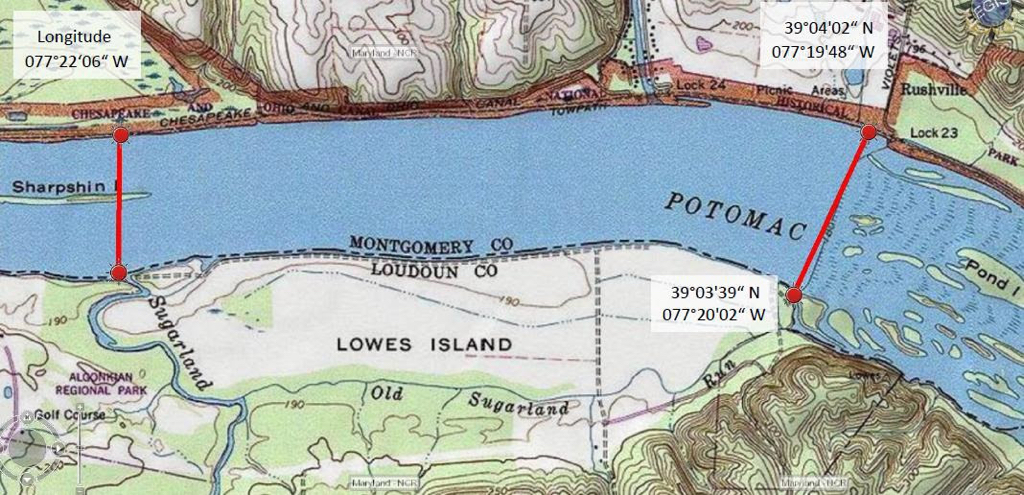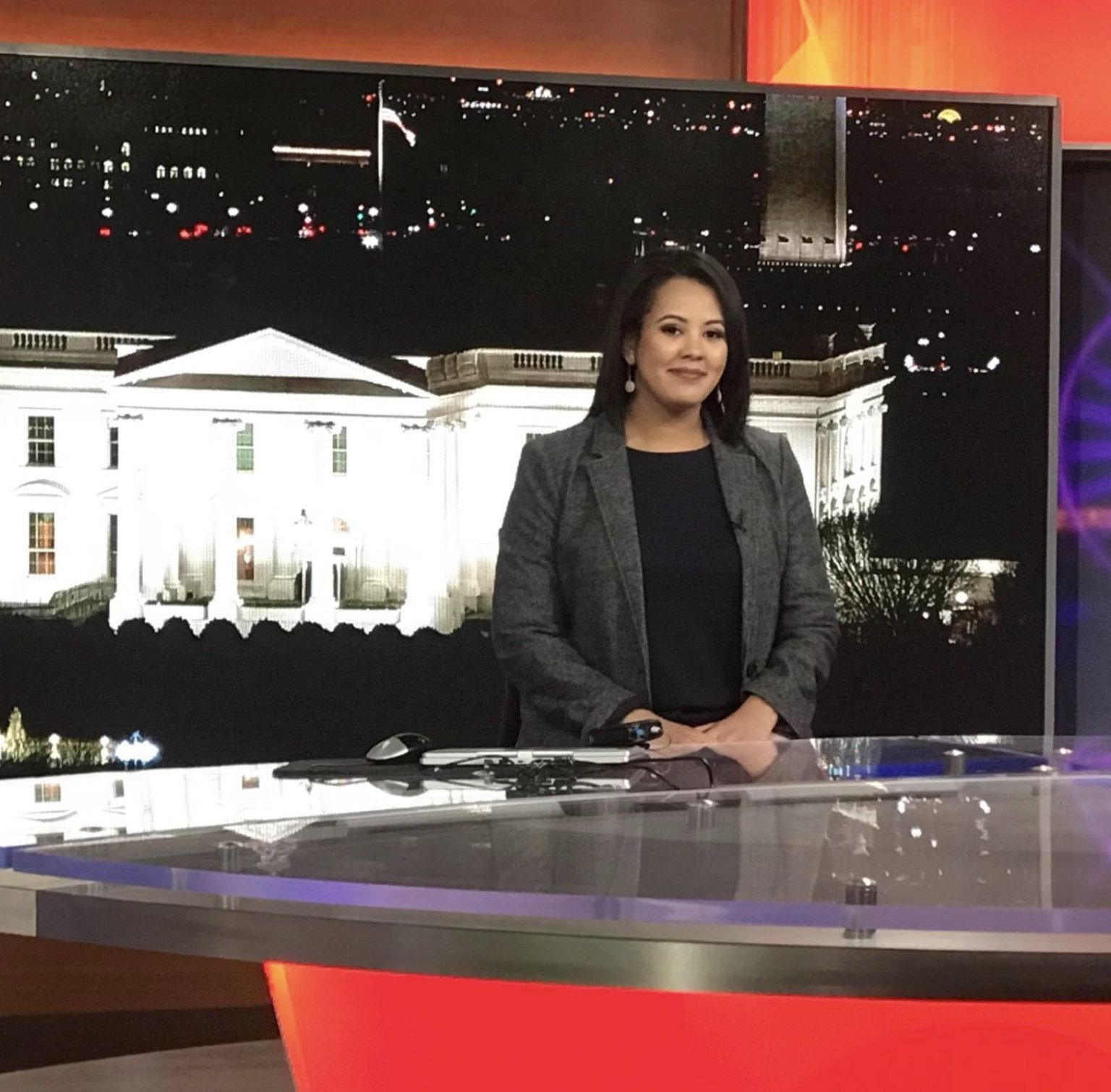The United States Coast Guard has issued a new rule that could make life easier for local boaters when President Trump visits his Sterling, Virginia, golf course.
Previously, the President’s visits prompted the Coast Guard to close a 1.6-mile-long stretch of the river. Local boaters sued last year. The new guidance—effective immediately—significantly shortens the existing security zone, creates a newly designated passageway for boaters, and revises protocol to make notice of river closures widely accessible, three sources of concern for the Canoe Cruisers Association of Greater Washington, a plaintiff in the case.
In a posting on the Federal Register Thursday, the Coast Guard explained it received over 600 submissions during a 30-day comment period in regard to its original interim security zone. In response to the feedback, as well as the lawsuit, the Coast Guard shrank the designated area 500 yards upriver and 600 yards downriver of Trump’s club, freeing up space on each end of the Potomac frequented by paddling concerns including Team River Runner, an organization that helps rehabilitate veterans, local summer camps, and of course, the Canoe Cruisers. The shift spares rowers from being forced to navigate difficult rapids.
The government has also added a 250-yard wide transit lane running parallel to the Maryland shoreline, which can be accessed with the permission of the Captain of the Port—a concession not totally in line with the Canoe Cruisers’ wishes, who instead believe that boaters prove no threat to the VIP golf club guests. That’s a line of reasoning the Coast Guard doesn’t completely buy.
“The Coast Guard recognizes that anyone can use any waterborne vessel, including paddle craft, to operate with malicious intent against [United States Secret Service] protectees,” the new interim rule partly reads. “Therefore, the agency has concluded the security zone is necessary.”
How can the public find out if the zone is in effect? While the government says it can only “provide minimal advance notice of activation,” potential seafarers can call 410-576-2675 or visit a website to check whether waters are clear.
The new rule “fully addresses our access concerns,” says Canoe Cruisers attorney Nitin Shah, who calls it “a big win.”
Few boaters are dipping their paddles into the Potomac right now due to high water levels and cold climate. But as spring warms up, Shah says, the President’s golf schedule tends to do the same. Shah says that his group has not heard from the White House directly, and communication has solely been through litigation. The Coast Guard did not immediately respond to request for comment.
Court documents indicate that a summary judgment hearing between the Canoe Cruisers and the Trump Administration is set for July 1. The Coast Guard’s new amends may not be enough to satisfy the agitated boaters, however. When asked if the upcoming hearings were off, Cruisers spokesperson Charisma Troiano said that the organization is “going to keep a watchful eye on how the Coast Guard implements its new rule as we consider next steps in the litigation.”



















